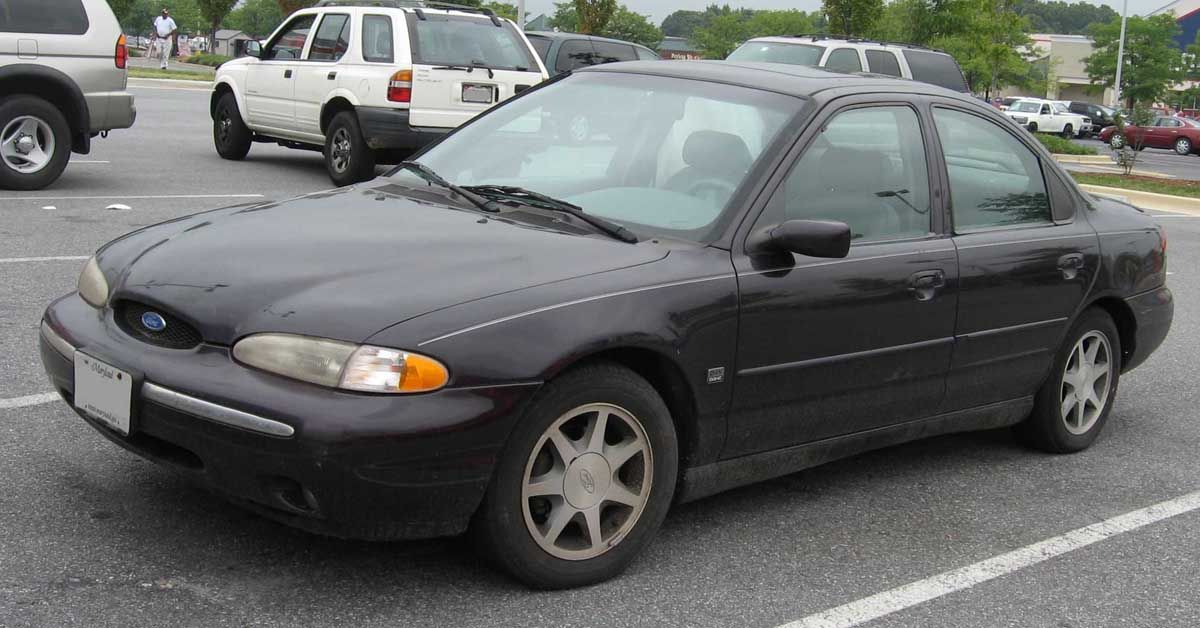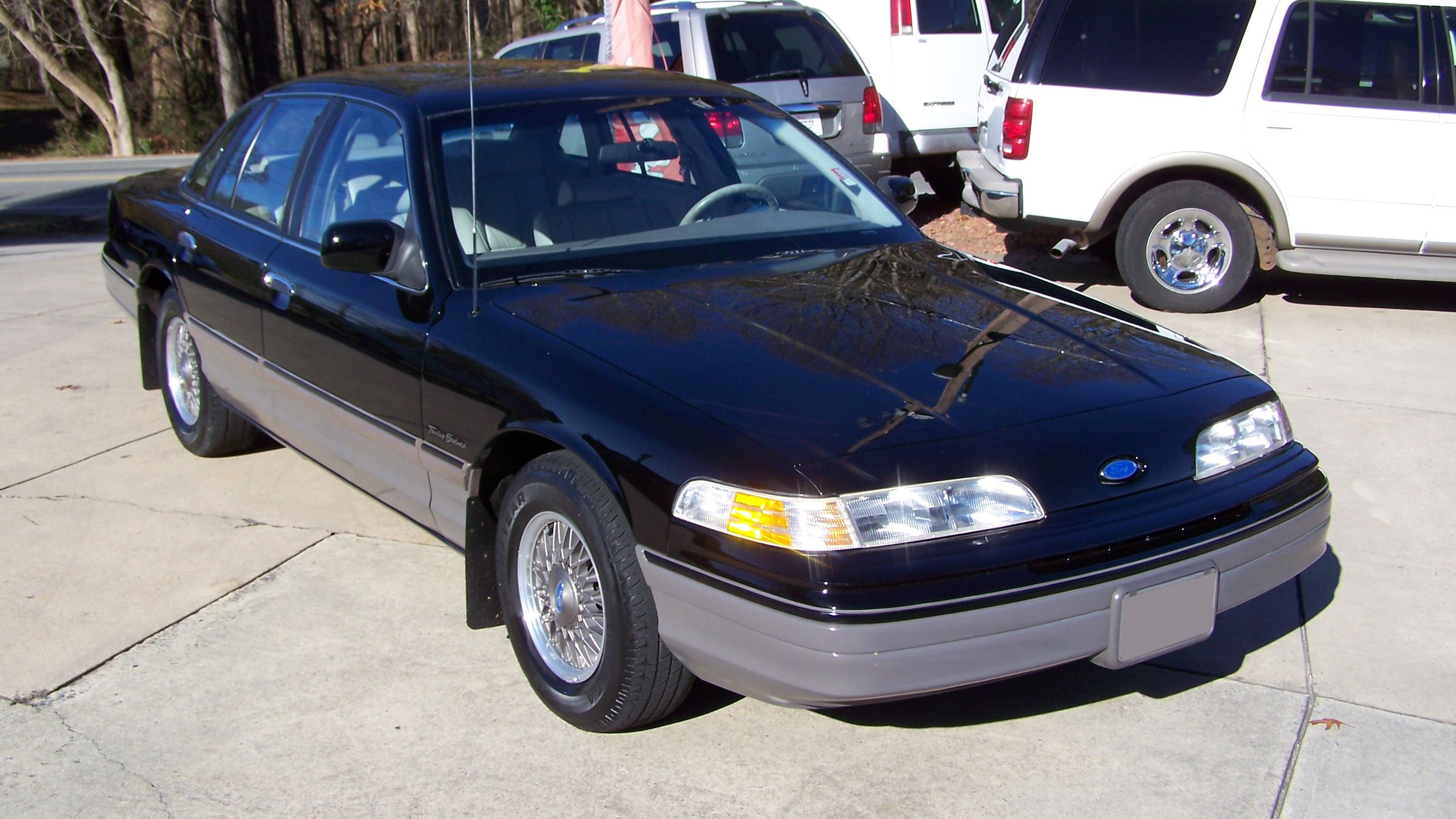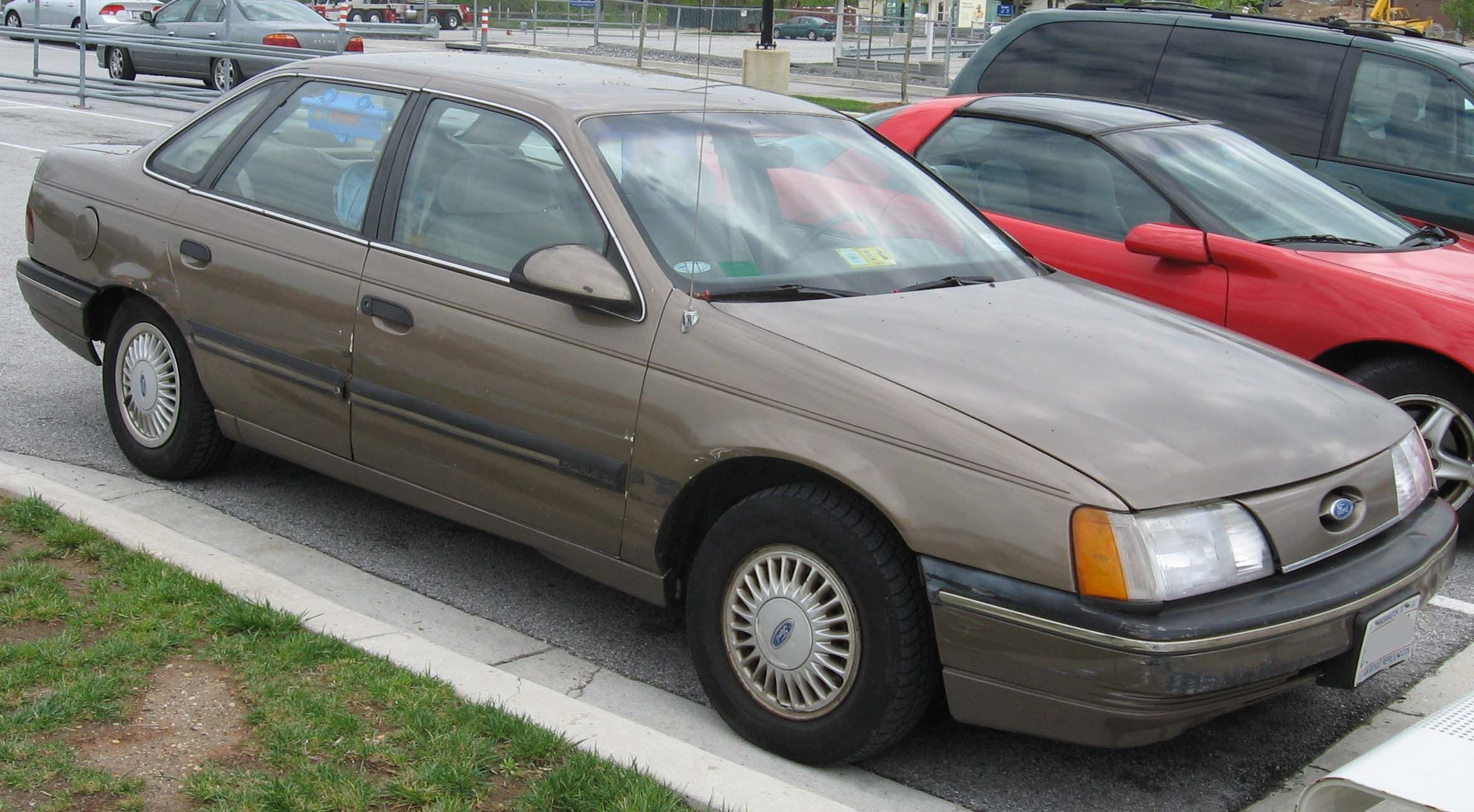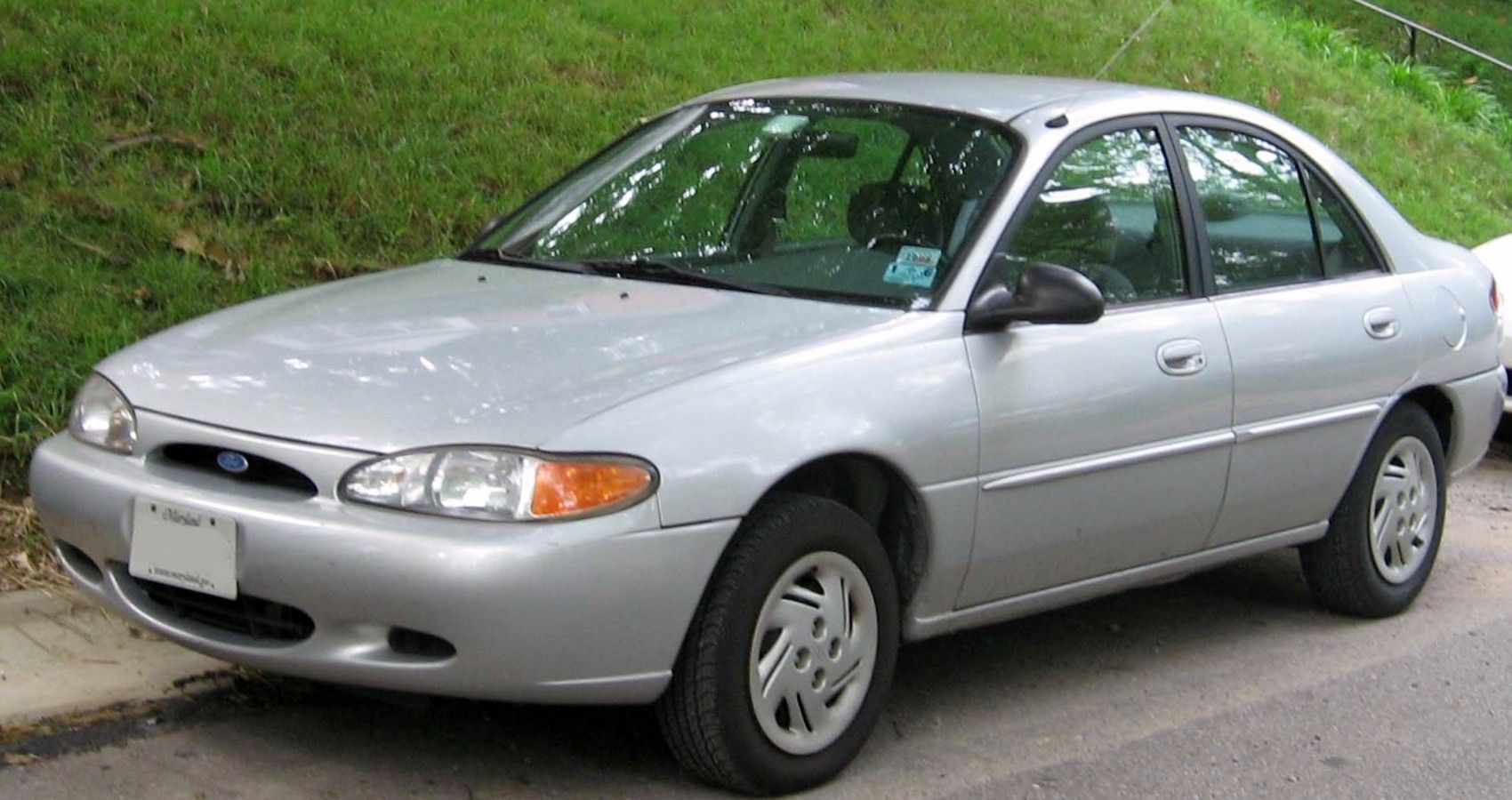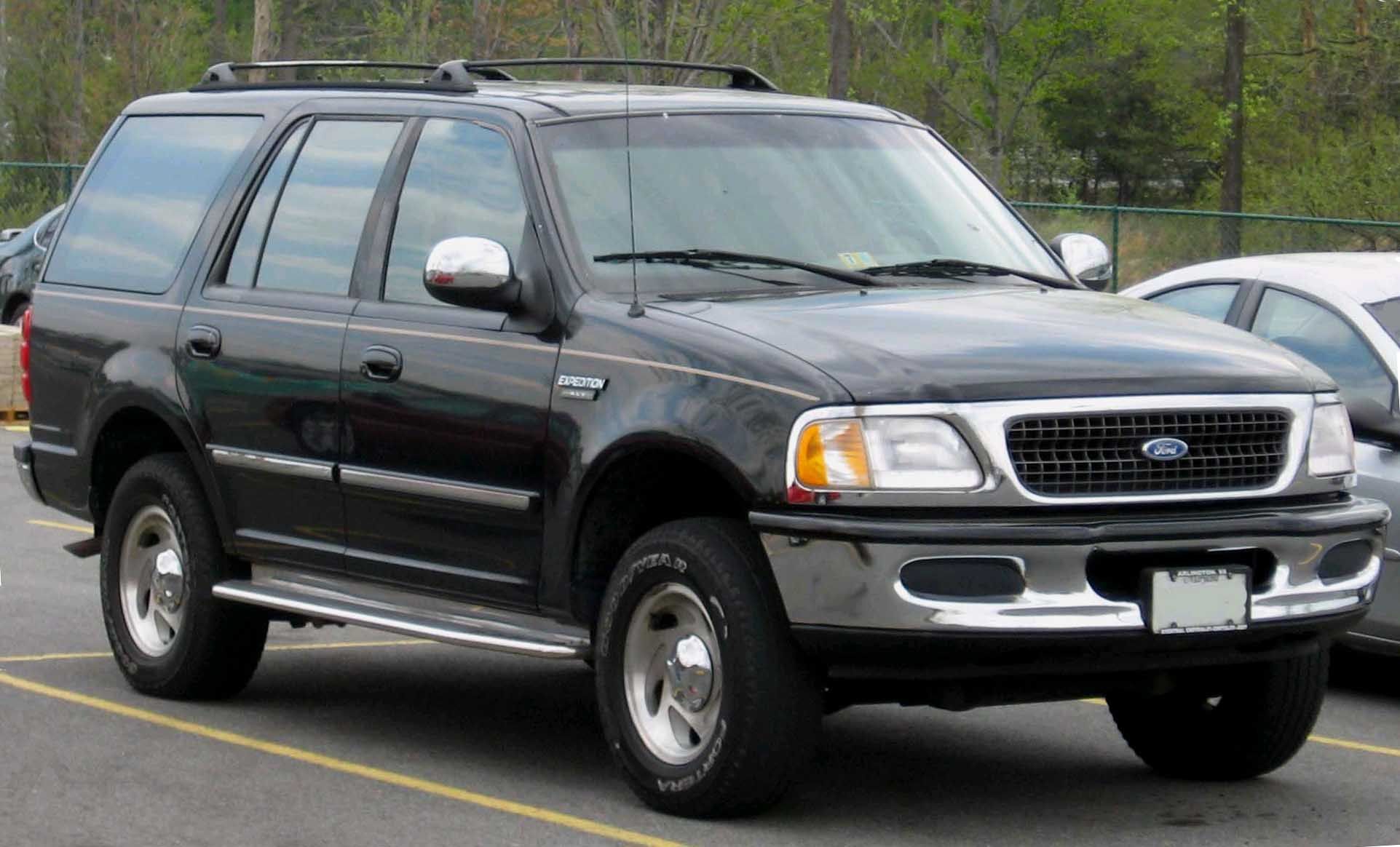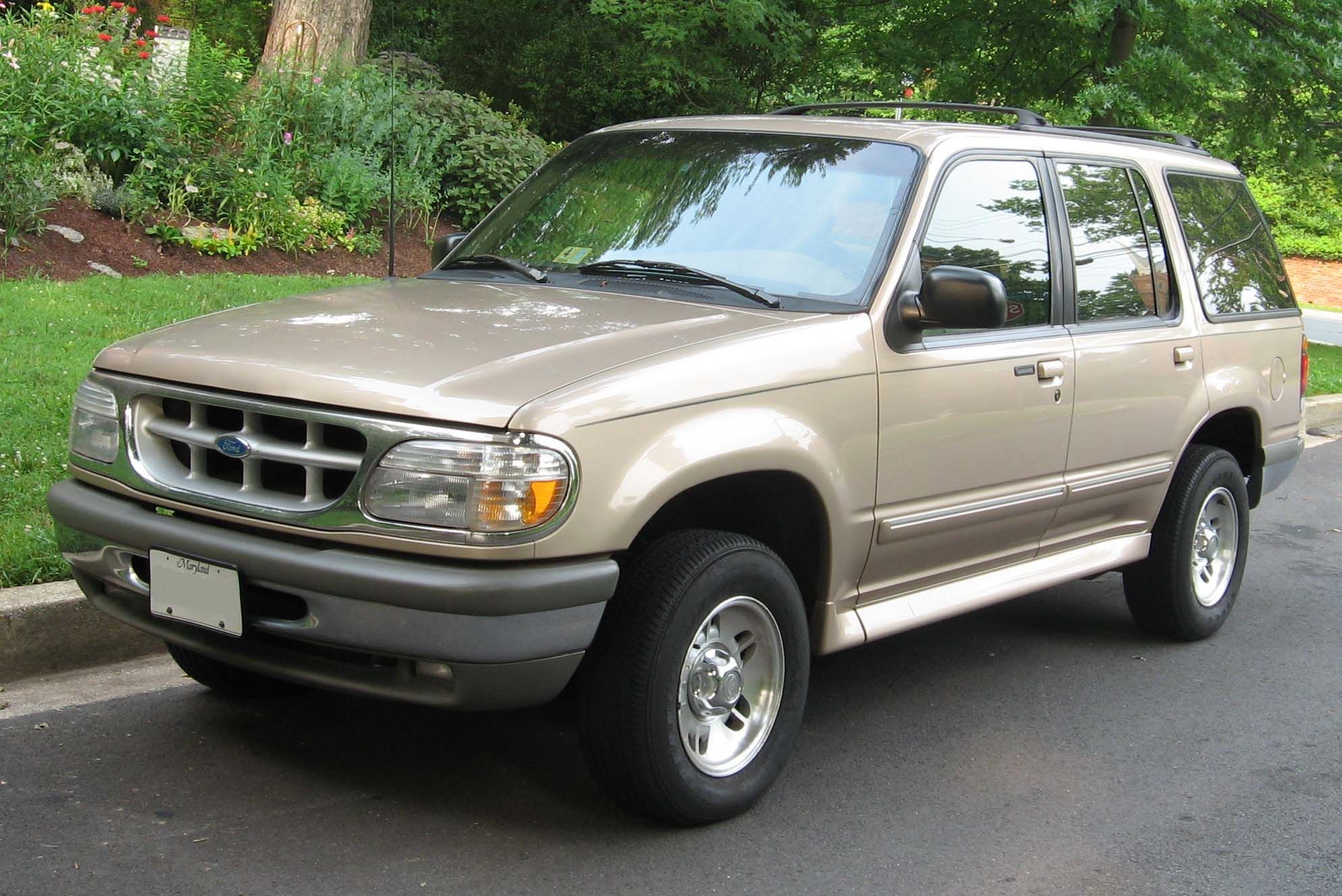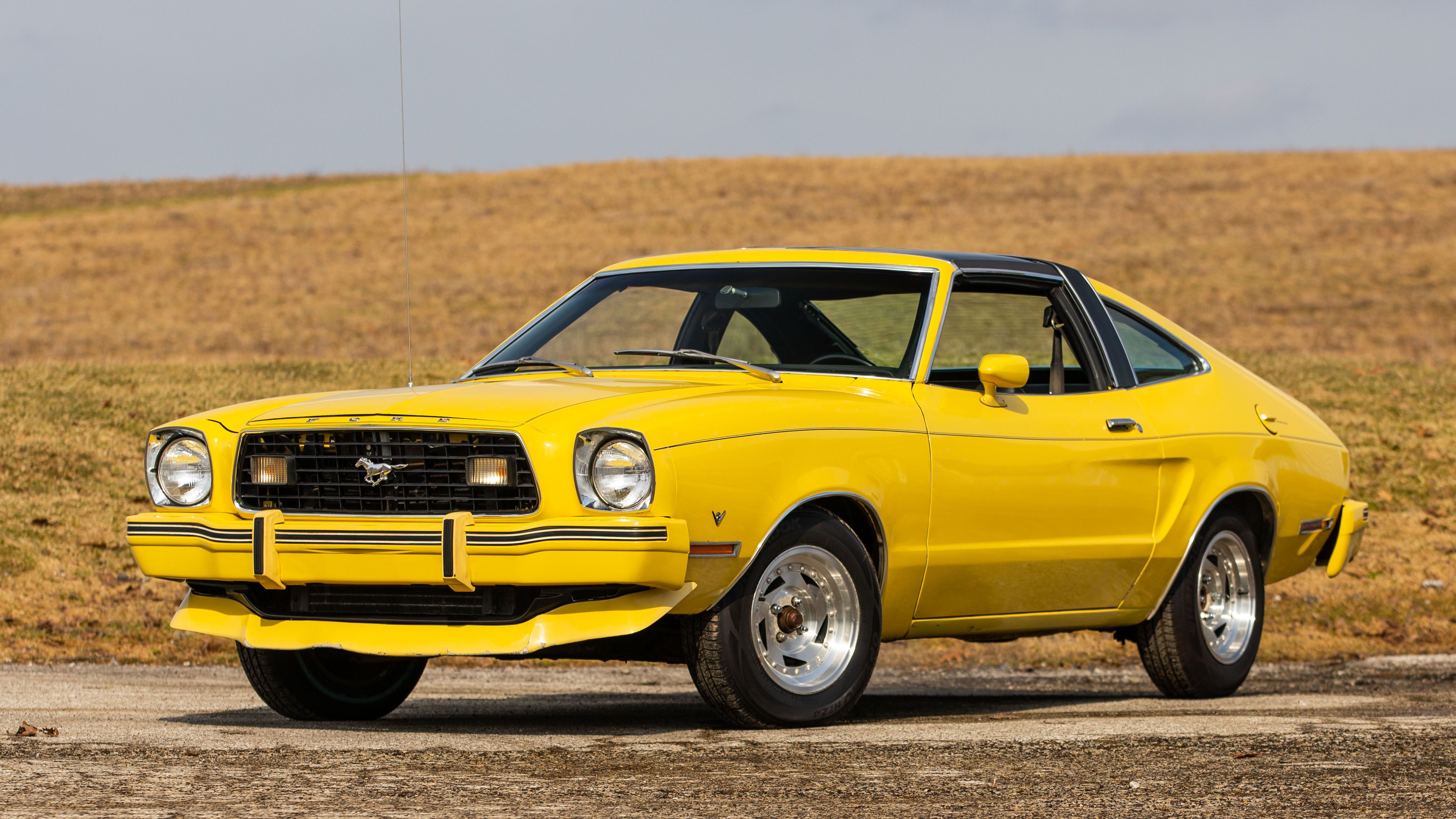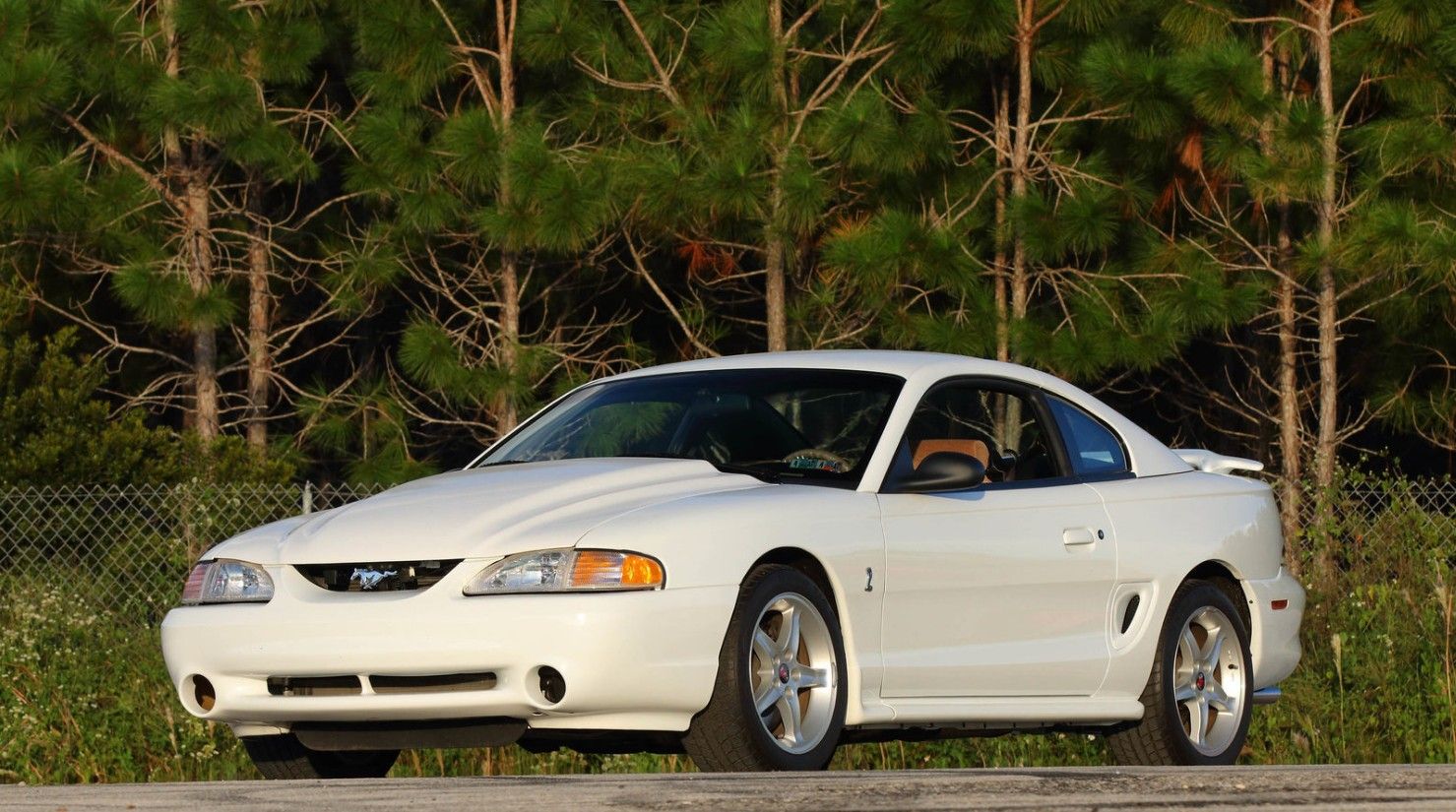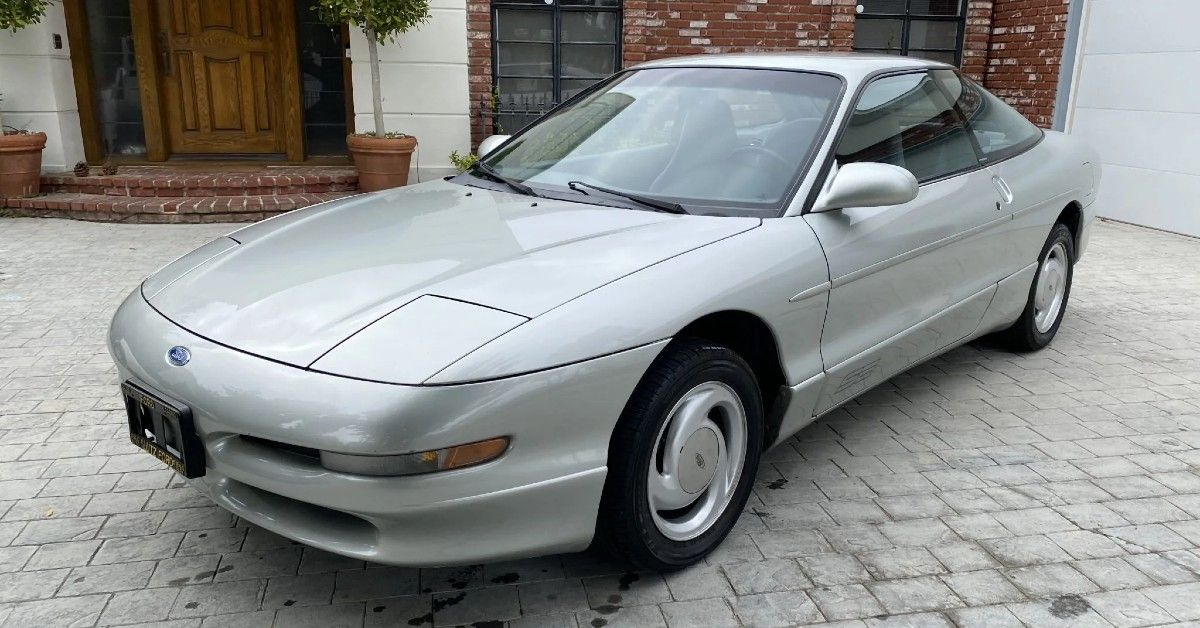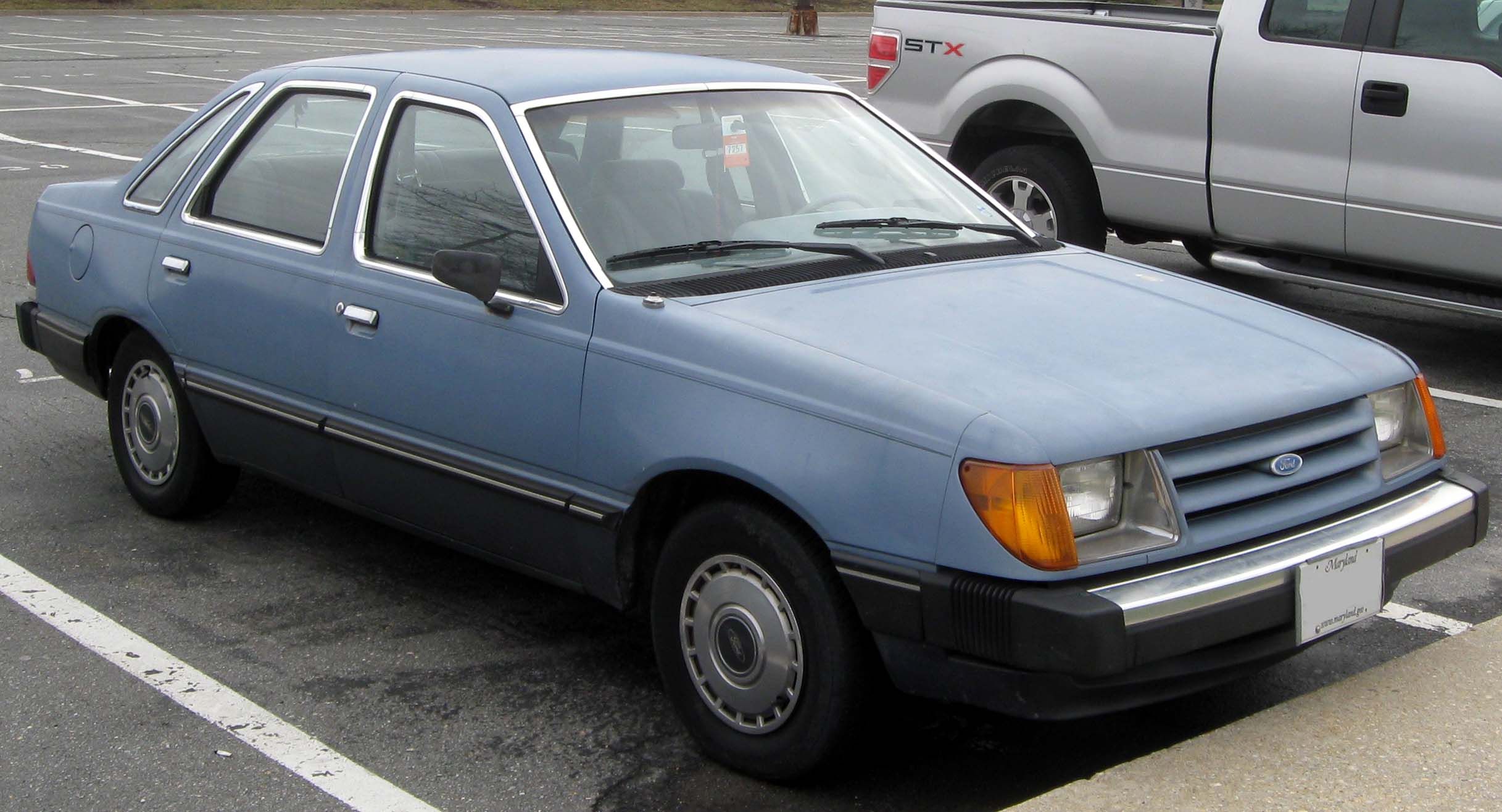As one of America’s most popular vehicles, Henry Ford states that “there’s no point in trying to overtake one Ford because there is always another one in front”, is faithful to this day. One of the reasons many continue to choose Ford over the competition is because of its reliability. Some of the most reliable classic Ford cars include the 1957 Thunderbird, the 1971 Mustang Mach-1, the 1974 Bronco, and the 1997 F-150.
However, if you are buying a Ford classic car, there are some misfits to avoid. While some newer models have improved significantly in terms of build quality and reliability, there are plenty of vintage examples from the 1960s to the 1990s that left a sour taste in owners’ mouths.
But don’t get it wrong, some used cars on this list are pretty decent when it comes to performance, practicality, style and prices. But if you don’t want a car with endless mechanical and electrical problems, it’s best to keep your distance.
10 1995 Ford Contour – 12 recalls
The Ford Contour is a more expensive replacement for the Tempo and a direct competitor to the Honda Accord, Nissan Altima and Toyota Camry. However, its continued struggle with reliability issues pushed Ford to pull the plug just after six years of production.
Whether you opt for the standard 125-hp 2.0-liter 4-cylinder or the more powerful 170-hp 2.5-liter Duratec V6, you’re likely to experience stalling at idle and jerking while accelerating. There are 12 recalls for the 1995 Contour alone due to problems with the air bags, windows, fuel tank and brakes.
9 1992 Ford Crown Victoria – 9 recalls
The Crown Victoria was one of Ford’s largest full-size sedans sold in North America, so it appealed even to law enforcement agencies. The 1992 Crown Victoria gets its power from a 190hp 4.6-liter V8 that sometimes won’t start or leaks oil.
The 4-speed automatic transmission has a habit of shifting into neutral while driving. 1992 Crown Victoria owners state that it is common for the transmission to fail before 100,000 miles. Defects in the cruise control kill switch, fuel tank and hood latch caused Ford to recall the 1992 Crown Victoria 9 times.
8 Ford Taurus 1986-1987 – 18 recalls
Despite saving Ford from bankruptcy by selling over 200,000 units in the first year alone, the build quality of the Taurus is quite questionable. In fact, the 1986 and 1987 model years account for a total of 18 recalls.
The extensive recalls stem from problems such as corrosion, faulty wipers, improper suspension installation and fuel leaks. According to 1987 Taurus owners, the engine not only overheats, but also shuts down without warning.
7 Ford Escort 1995 – Engine and fuel system problems
For 1994, the Ford Escort was just below the Ford Taurus and Honda Accord on the best-selling list, selling 336,967 units. The following year, sales dropped while recalls and complaints doubled.
The base 88-hp 1.9-liter inline-four is the main source of trouble, with owners reporting that it stutters and loses power when driven uphill. The fuel tank is also prone to cracks, causing leaks. So it’s no surprise that it led to two of the five 1995 Escort retirements.
6 1997 Ford Expedition – Engine and Transmission Failure
While the most recent Ford Expedition model years are pretty reliable with only a handful of issues, you may want to be wary of older models. The 215hp 4.6L V8 engine is the bane of the 1997 Expedition. There are several reports of the Expedition’s spark plug blowing repeatedly and ruining the entire cylinder.
If that wasn’t enough, you may also struggle to shift the 4-speed automatic transmission from park. This particular problem also affected Ford trucks like the 1997 F-150 and F-250, so the American manufacturer recalled approximately 866,000 vehicles.
5 1995 Ford Explorer – Random transmission shoes and failures
The problem with the 1995 Ford Explorer isn’t the lack of a V8, but the plethora of problems that come with the 160-hp 4.0-liter V6. The incessant stalling, whether at idle or during acceleration, can be very frustrating. But what is even more worrying is the engine failure while on the road.
Engine aside, the Explorer’s drivetrain issues are too much to ignore. From random slips and jerks to outright failure, there’s no misery that transmissions won’t do to you.
4 1974-1978 Ford Mustang II: Underwhelming performance
The Mustang II is one of the worst versions of the iconic pony. The second-generation Pinto-based Mustang isn’t exactly ugly, but there’s nothing attractive under its skin. The Mustang II makes use of two low-powered engines: an 88-hp 2.3-liter four-cylinder and a 105-hp 2.8-liter V6.
According to Hagerty, the Capri-derived V6 could only manage a 0-60 mph time of 13 seconds, which is nothing short of impressive for a Mustang. There are also many concerns about the Mustang II’s build quality, as it shares the same fuel tank design as the Pinto, which is “forever infamous for exploding when rear-end hit,” according to The New York Times .
3 1995 Ford Mustang: 16 recalls and engine failure
Although the 1995 Ford Mustang has pretty healthy sales numbers, many owners probably wouldn’t recommend buying one. That’s because the 1995 Mustang is the most problematic fourth-generation model year, with at least 16 recalls and 701 complaints, according to the NHTSA. 1995 Mustang owners have plenty of sad stories to tell about V6 and V8 engines.
For one thing, the head gasket tends to blow easily, causing overheating. What’s even scarier is that the Mustang’s engine tends to shut down while driving. This can be very dangerous for drivers and other road users. The 1995 Mustang’s tales of woe extend to the brakes, suspension and transmissions.
2 1994 Ford Probe: Engine Overheating, Stalling, and Excessive Oil Consumption
While the Probe is Ford’s failed attempt at introducing a replacement for the Mustang, it’s not exactly a complete failure. The liftback coupe offers modest performance in a front-wheel-drive configuration, but lacks a V8.
If there’s one probe in particular to avoid, it’s the 1994 model year, which accounts for the highest number of recalls and complaints. The 1994 Probe features a standard 115-hp 2.0-liter inline-four, which users say burns oil like crazy and stalls at idle.
1 1984 Ford Tempo: Overheating and Oil Leaks
Despite having no standout features, the Ford Tempo started at the top of the US car sales list. But soon, everyone regretted buying the cheap Tempo as it showed its true colors like a bucket of rust. The 1984 Tempo came with a 2.3-liter four-cylinder engine that often overheated due to a faulty thermostat or a faulty radiator fan.
Another reason you might want to stay away from the 1984 Tempo is oil leaks. This problem can come from a bad valve cover gasket or a cracked engine block. In addition to damaging the engine, oil leaks could cause misfires and other performance problems.
Sources: Car Complaints, Edmunds, NHTSA



